Embracing an “Unhurried” Childhood: Managing Homework, Activities, and Family Time with Intention
It was just last Tuesday evening when I glanced around the kitchen and watched the chaos unfold. One child was racing to finish a project, another was rushing to help me get dinner on the table, while the third was frantically searching for a soccer cleat before running out the door for practice. In that moment, the weight of juggling homework, after-school activities, and carving out time for family hit hard.
As parents, we’ve all been there—trying to create the perfect balance between giving our kids a well-rounded childhood while keeping ourselves (and them) from burning out. But maybe we’re chasing the wrong thing. Instead of striving for flawless balance, what if we focused on being truly present in the moments that matter? Balance is often fleeting, but being fully present with our children creates lasting, meaningful connections that stand the test of time.
Amid the inevitable chaos of parenting, I believe it’s possible to help our kids thrive in school, stay engaged in the activities they love, and still make room for those cherished family moments—with a little intention and thoughtful planning.
1. Managing Homework Without Stress
Homework can often be a major source of stress for both students and parents. At Palisades Episcopal School, we understand that time spent outdoors and with family and friends is just as important—if not more so—than excessive homework. After a full day of academic challenges, children need time to decompress, explore, and engage in unstructured, creative play. This downtime is essential for their development, fostering problem-solving skills and sparking creative thinking.
PES fosters an “unhurried” environment as we encourage families to balance homework time with opportunities for outdoor play and relaxation at home. Teachers limit excessive homework, focusing on quality assignments that reinforce what was learned in the classroom, allowing students more free time at home.
That said, when homework is necessary to reinforce learning or teach responsibility, here are a few tips to help make it more manageable:
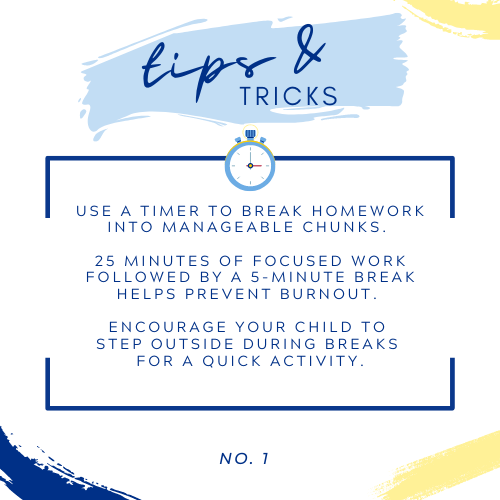
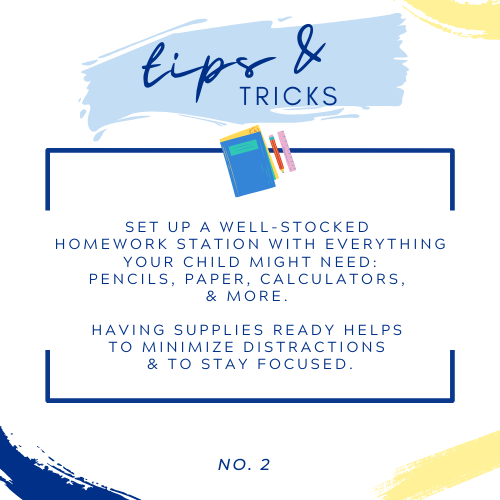
2. Focus on What Matters
Not every extracurricular activity is necessary. It’s easy to feel like our children need to be involved in all that is offered; but that’s often not the case. Instead, focus on what truly sparks their interest and plays to their unique strengths. If your child has a passion for soccer or dance, support them wholeheartedly. But if they’re joining activities just to fill time, it might be worth rethinking.
Research shows that children who spend more time outdoors and engage in self-directed play benefit from better attention spans, improved behavior, and enhanced learning outcomes. Encourage your child to dive into activities that ignite their passion while also giving them space to explore and play freely.
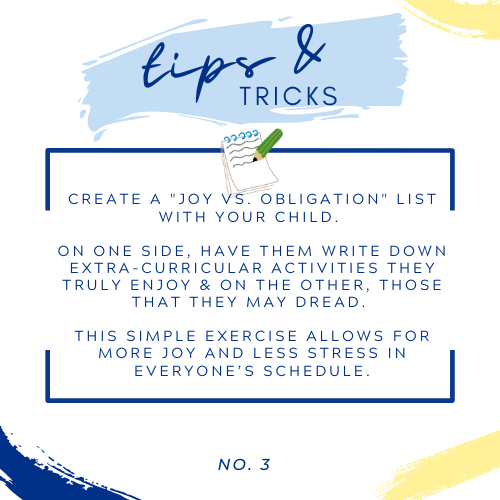
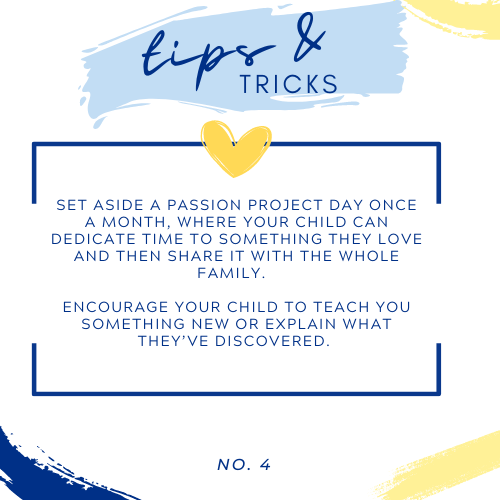
3. Creating Tech-Free Zones
In a world where screens often dominate our attention, creating tech-free zones at home is more important than ever. These spaces foster genuine face-to-face interaction and help both kids and parents be fully present in the moment. Tech-free zones not only strengthen family bonds but also encourage creativity, meaningful conversations, and much-needed downtime. By setting these boundaries, we can create a balanced environment where relationships and real-life experiences take priority over digital distractions.
At PES, we implement many “technology-free” times throughout the day to foster face-to-face interaction. We encourage families to create similar boundaries at home, particularly during meals or family time.
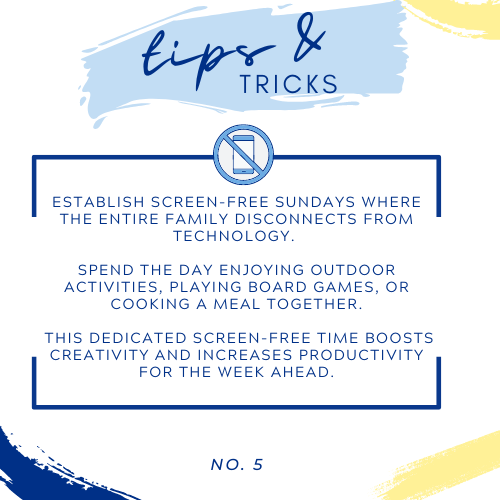
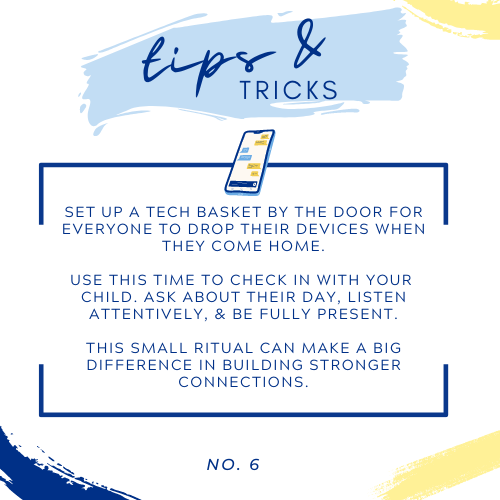
4. Make Intentional Family Time a Priority
Family time often gets lost in the shuffle of life, but it’s truly one of the greatest gifts you can give your children. Even small moments, like an evening walk or sharing a meal together, can strengthen the bonds that hold your family close. These simple acts of togetherness create irreplaceable memories and build a strong foundation of love and connection that will last a lifetime.
PES integrates family and community values into the school culture, with events like the annual Back-to-School Bash or Spirit Night, where students and their families can come together and connect. We encourage families to continue these traditions at home by setting aside time to engage in meaningful activities together.

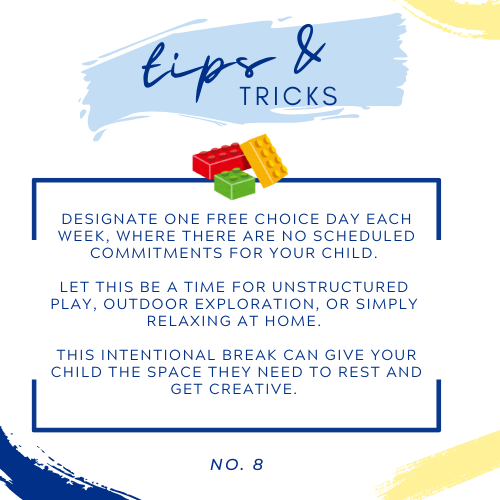
5. Set Realistic Expectations & Start Slow
It’s essential to keep expectations realistic—neither you nor your child needs to excel at everything. Even incorporating just one new routine or activity can bring meaningful benefits! Finding balance isn’t about maintaining a perfect schedule or being the perfect parent. It’s about making intentional choices that prioritize family time and recognizing that progress always outweighs perfection. By focusing on what truly matters, you create a healthier, more fulfilling family dynamic without the pressure of doing it all.
At PES, we emphasize progress over perfection, celebrating small successes and personal growth. Teachers provide ongoing support and encourage students to take on challenges at their own pace. Families are encouraged to adopt this mindset at home, recognizing the importance of manageable steps toward success.





